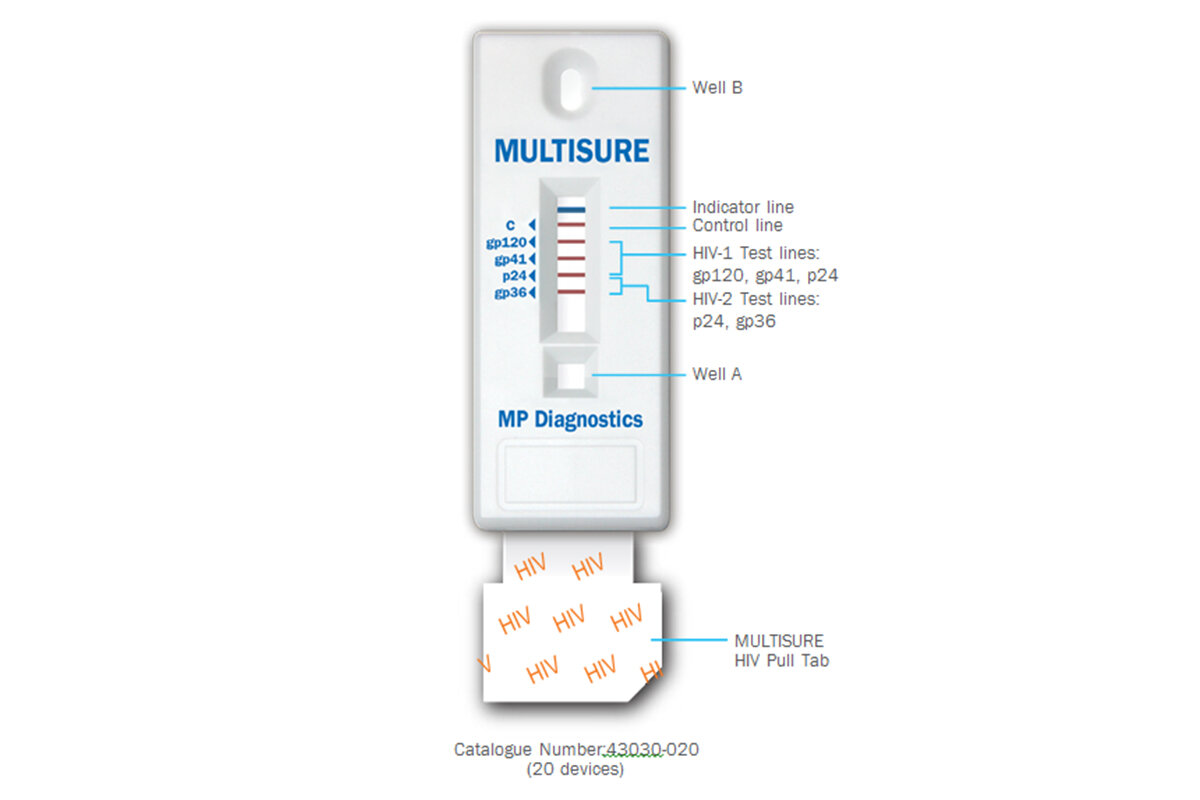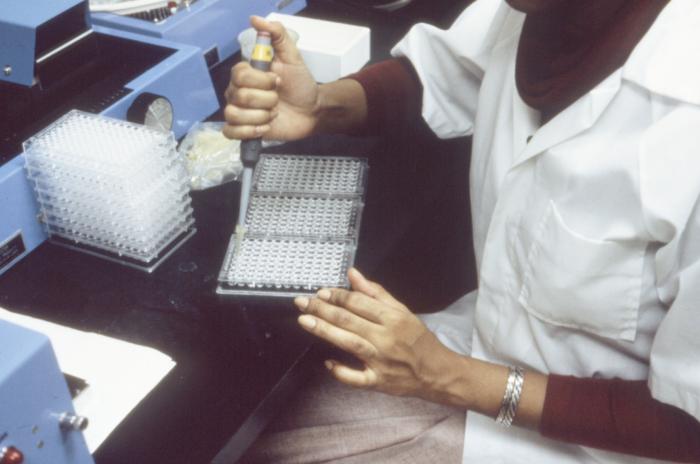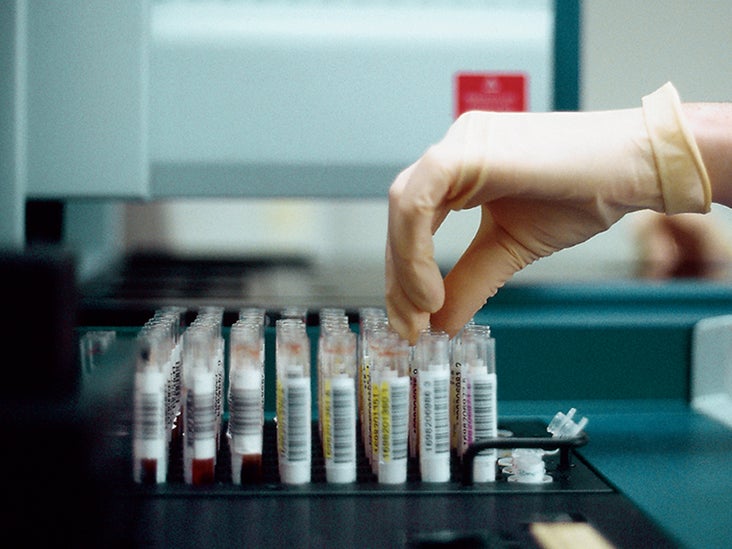Elisa tests for HIV, also known as enzyme-linked immunosorbent assay tests, are widely used as a screening tool for HIV infection. These tests are highly sensitive and can accurately detect the presence of HIV antibodies in the blood, which indicates that a person has been infected with HIV.
However, it is important to note that the accuracy of an Elisa test can be affected by a number of factors. One potential issue is the "window period," which is the time between when a person becomes infected with HIV and when the test can accurately detect the presence of HIV antibodies. During this period, the test may produce a false negative result, which means that it does not detect the presence of HIV even though the person is infected. This can be especially problematic in the early stages of HIV infection, when the virus is replicating rapidly and producing large amounts of HIV antibodies.
Another potential issue with Elisa tests is the possibility of false positive results. A false positive result occurs when the test detects the presence of HIV antibodies even though the person is not infected with HIV. This can happen if the person has been exposed to other infections or has certain medical conditions that cause the production of HIV-like antibodies. False positive results can be stressful and emotionally distressing for the person being tested, and may lead to unnecessary treatment or other unnecessary actions.
Despite these potential issues, Elisa tests for HIV are generally considered to be highly accurate and reliable. In most cases, these tests are able to accurately detect the presence of HIV antibodies, which allows for early diagnosis and treatment of HIV infection. It is important to note, however, that no test is 100% accurate, and it is always recommended to confirm positive test results with additional testing, such as a Western blot test or PCR test.
In conclusion, while Elisa tests for HIV can be trusted as a reliable screening tool, it is important to be aware of the potential for false negative and false positive results. It is also important to follow up with additional testing if necessary and to seek medical advice if you have any concerns about your HIV status.








